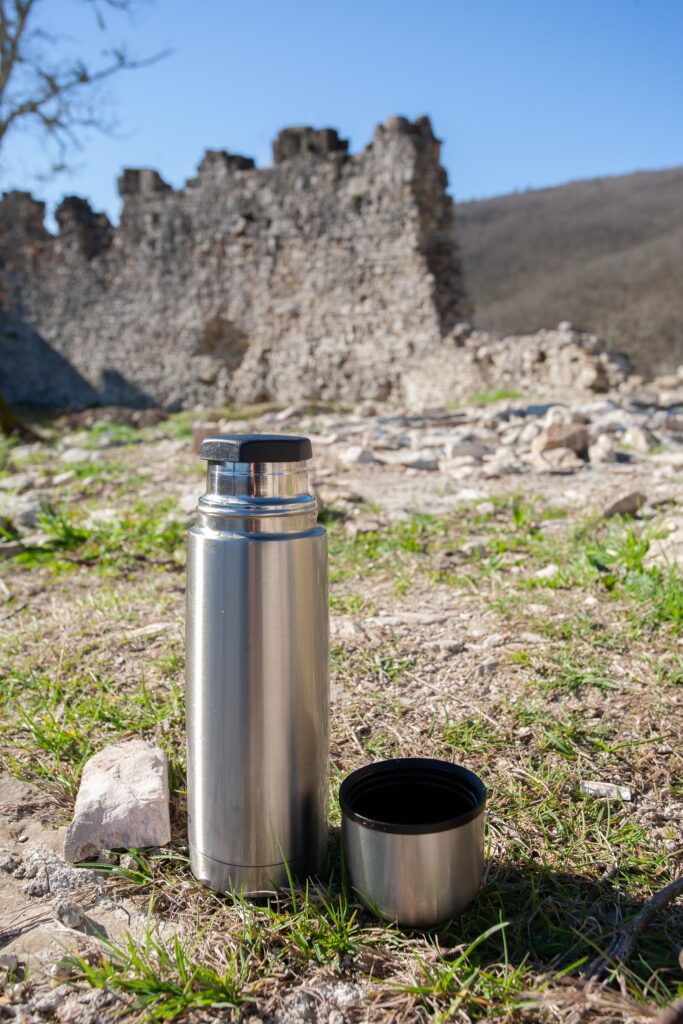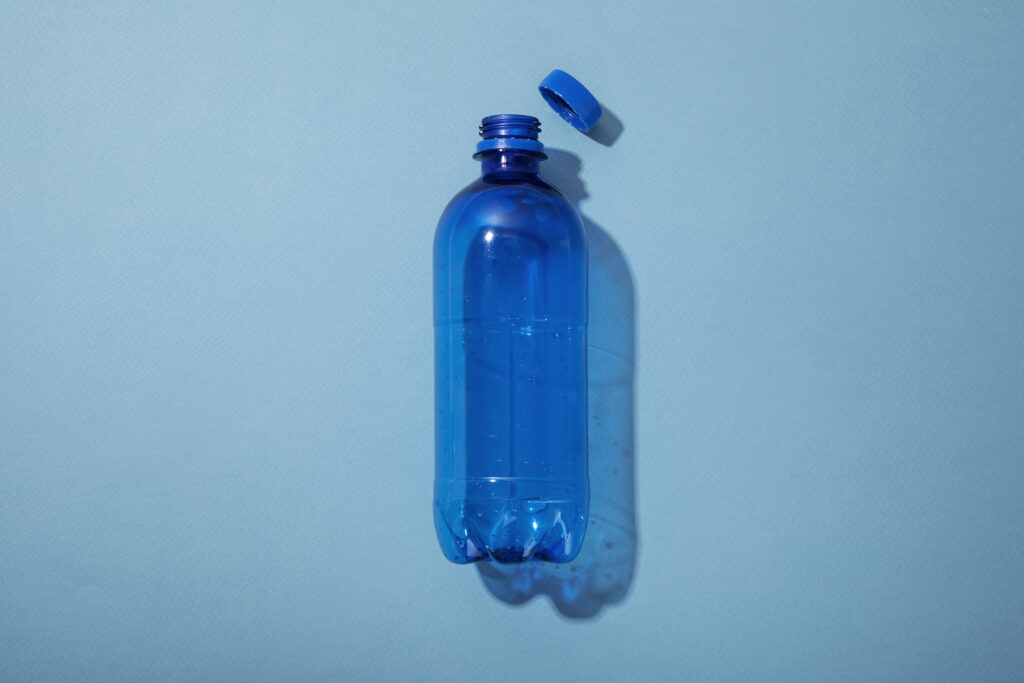
Table of Contents
Which Water Bottle is Good for Health In the quest for better health, we often focus on what we eat and how much we exercise, but what about what we drink? Water is essential for life, and the container we use to carry and consume it can impact our health more than we realize. With so many options available on the market, from plastic to stainless steel to glass, choosing the right water bottle can be a daunting task. In this article, we’ll explore the various types of water bottles and their impact on health, helping you make an informed decision for your hydration needs.
The Importance of Hydration For Which Water Bottle is Good for Health
Before delving into the types of water bottles, let’s first understand why staying hydrated is crucial for our health. Our bodies are composed of approximately 60% water, and every system relies on it to function properly. Water aids in digestion, nutrient absorption, circulation, and temperature regulation. It also helps flush out toxins and waste products, supports joint health, and keeps our skin glowing.
Dehydration, on the other hand, can lead to a range of health issues, including fatigue, headaches, constipation, kidney stones, and even cognitive impairment. Therefore, it’s essential to drink an adequate amount of water each day to maintain optimal health and well-being.
Types of Water Bottles
Which Water Bottle is Good for Health When it comes to choosing a water bottle, there are several options available, each with its own advantages and disadvantages. Here are some of the most common types:
Plastic Water Bottles
Plastic water bottles are ubiquitous and convenient, but they come with concerns regarding health and the environment. Which Water Bottle is Good for Health Many plastic bottles contain harmful chemicals like BPA (bisphenol-A) and phthalates, which can leach into the water, especially when exposed to heat or sunlight. These chemicals have been linked to hormone disruption, reproductive issues, and other health problems.
Additionally, plastic bottles contribute to environmental pollution, taking hundreds of years to decompose and often ending up in landfills or oceans, where they harm marine life and ecosystems. Which Water Bottle is Good for Health
Stainless Steel Water Bottles
Stainless steel water bottles have become increasingly popular due to their durability, safety, and eco-friendliness. Unlike plastic, stainless steel does not leach harmful chemicals into the water, making it a safer option for daily use. Which Water Bottle is Good for Health Stainless steel bottles are also reusable and recyclable, reducing waste and environmental impact.
Furthermore, stainless steel bottles are sturdy and resistant to corrosion, ensuring that your water stays fresh and uncontaminated throughout the day. They come in various sizes and designs, catering to different preferences and lifestyles.
Glass Water Bottles
Glass water bottles offer a pure and clean way to store and drink water without any risk of chemical contamination. Glass is nonporous and inert, meaning it won’t absorb odors, flavors, or harmful substances from the water. Which Water Bottle is Good for Health This makes it an ideal choice for those concerned about their health and the environment.
Moreover, glass bottles are easy to clean and maintain, and they’re aesthetically pleasing, allowing you to see the contents and monitor your water intake. However, glass bottles are more fragile than plastic or stainless steel, so they require careful handling to prevent breakage. Which Water Bottle is Good for Health

FAQs about Water Bottles
- Are plastic water bottles safe to reuse?
- While some plastic bottles are labeled as “reusable,” it’s best to avoid reusing them, especially if they’re made of low-quality plastic or have been exposed to heat or sunlight. Reusing plastic bottles can increase the risk of chemical leaching and bacterial contamination.
- How often should I clean my water bottle?
- It’s recommended to clean your water bottle daily with hot, soapy water to prevent bacterial growth and maintain hygiene. Use a bottle brush to scrub hard-to-reach areas, and allow the bottle to air dry thoroughly between uses.
- Can I put hot liquids in my water bottle?
- You must have a bottle that can handle hot liquids.Stainless steel and glass bottles are generally safe for hot liquids, but it’s essential to check the manufacturer’s guidelines to avoid damage or injury. Avoid putting hot liquids in plastic bottles, as they can release harmful chemicals when exposed to heat.
- How do I choose the right size water bottle? The size of your water bottle depends on your daily water intake and lifestyle. A standard recommendation is to drink at least eight 8-ounce glasses of water per day, but individual needs may vary based on factors like age, weight, activity level, and climate. Choose a bottle that holds enough water to keep you hydrated throughout the day without being too bulky or heavy to carry.
Conclusion
When it comes to choosing a water bottle for optimal health, it’s essential to prioritize safety, sustainability, and convenience. Which Water Bottle is Good for Health Plastic bottles may be convenient, but they pose risks to both health and the environment. Stainless steel and glass bottles offer safer and more eco-friendly alternatives, ensuring that your water stays pure and uncontaminated. Ultimately, the best water bottle is one that meets your needs and aligns with your values, helping you stay hydrated and healthy for years to come.
